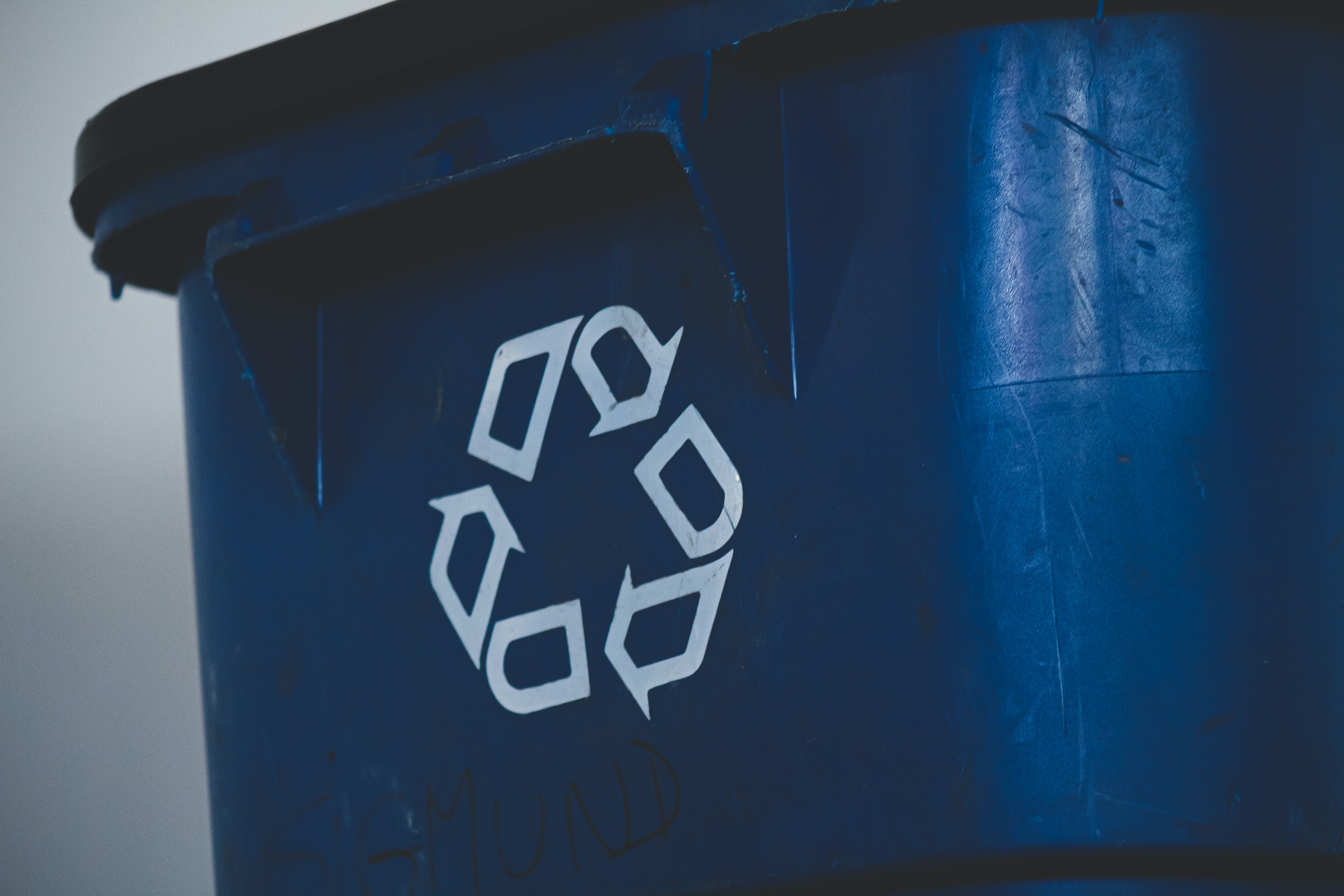Is Recycling Really Worth The Effort?
Published: October 10, 2022 Updated: October 1, 2024

What’s with the plastic? Wherever you go, with most things you see, plastic is in just about everything. From your portable coffee cups, wrappers on protein bars, yogurt containers, food containers, and the packaging wraps that arrive in the mail…plastic is hard to get rid of.
For starters, plastic has been a pretty useful and convenient material so it’s understandable as to why the packaging has long been a medium of choice.
Being easy to use and cheaper to buy gives plastic a unique value proposition because people are always shopping, which means that products are always being made. But the more we buy, the more trash we produce. In fact, according to a 2020 study published in Science Advances, one person in the US produces about 287 pounds of trash in a year, and a lot of that trash is plastic.
Obviously, the amount of trash needs to decrease, and the amount of plastic trash we produce needs to go down as well. So, to lessen the problem, some of us have adopted recycling – the process of collecting and processing materials that would normally be thrown away as trash. Recycled plastic is ultimately sorted, cleaned and processed into postconsumer recyclate that can be sold to converters that make new packaging for products that can be sold again.
Recycling is soon becoming the most common way to help stop plastic waste. However, sorting plastic waste and putting it into the recycling bin is only part of the recycling process. From there we look to our community’s recycling infrastructure. But not all municipalities have curbside pickup to transport the recycled waste to a materials recovery facility and for those states, and cities, that do offer recycling services, there is variation on what they collect. This disaggregated system causes confusion on what we should recycle leading to a decrease in overall effectiveness. It’s no wonder why some people are left wondering if recycling is worth their efforts.
But it is worth the effort. As we continue to improve on our personal recycling efforts, we can start to understand what else needs to take place, so our efforts have a maximum impact. Such as good legislation that supports the circular economy by standardizing what is recyclable across municipalities and brand innovation that increases the recyclability of packaging along with improved sorting technology for the material recovery facilities.
The good news is - currently, some really important legislation has been passed in some of the states to improve recycling. Organizations like the Ellen McArthur Foundation and WWF are convening for a Global Treaty to End Plastic Waste so we don’t have to feel like our recycling isn’t making a difference or that our voices aren’t being heard. Companies are also now looking for ways to maintain the affordability and functionality of plastic while making packaging more sustainable so consumers can purchase items that are in line with their values. Company commitments to use more recycled material in plastic products, or to use less plastic in general, also helps to ensure that it is a sustainable material.
The most important thing to know here is that recycling is so much bigger than separating and disposing of our waste properly. There are other key players involved. Knowing what some of the key players can do to help with our waste problem allows us to advocate more directly for the change we want. Because for the majority of us, it’s hard to ditch the plastic, but we can ditch the plastic waste.
Recycling is great and it’s a good start to lowering plastic waste. Paired with better waste management technology, good legislation and business practices, recycling can be so much more effective. Ending plastic waste by keeping plastic in a circular loop is an everybody problem and collective efforts joined with recycling helps to make this possible.
